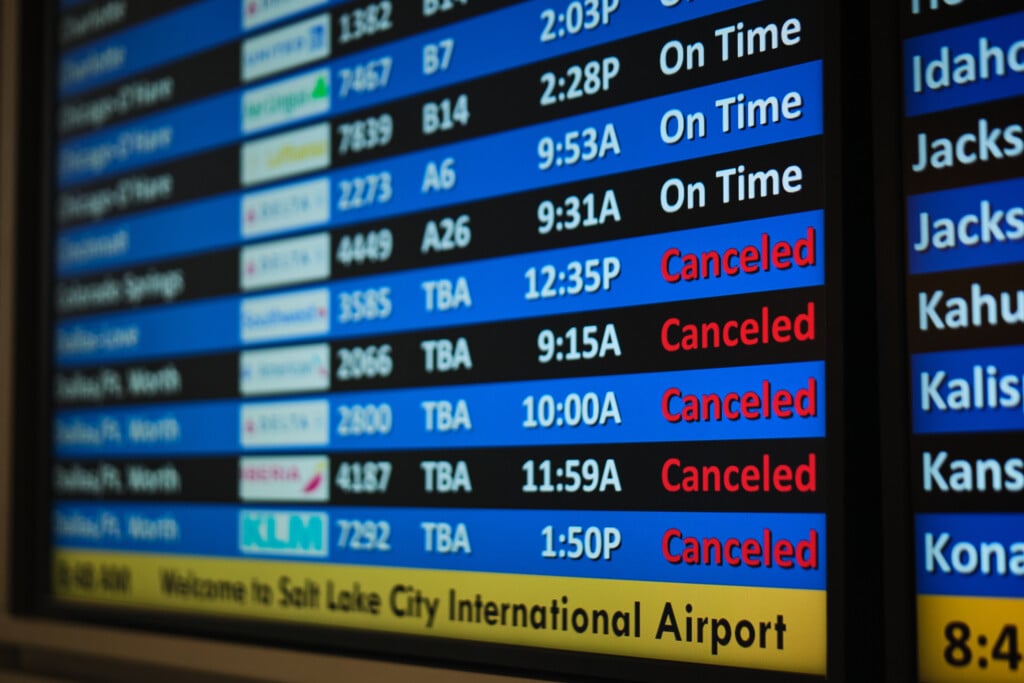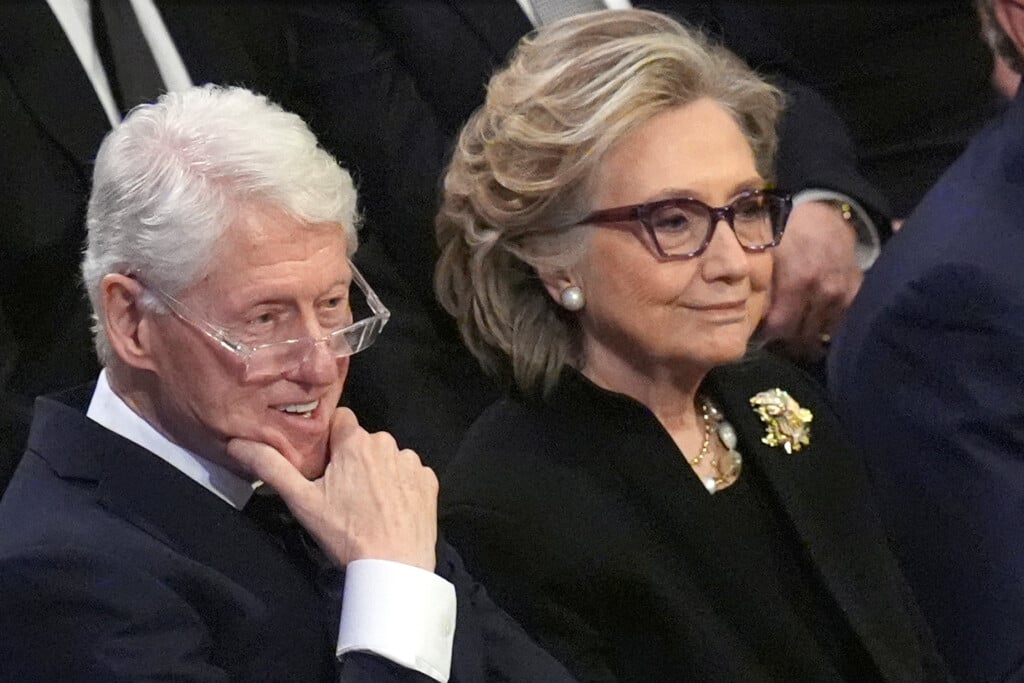Iran fires dozens of missiles into Israel in a sharp escalation of regional conflict

Israeli shelling hits an area in southern Lebanon as seen from northern Israel, Tuesday, Oct. 1, 2024. (AP Photo/Leo Correa)
By AAMER MADHANI, MELANIE LIDMAN and BASSEM MROUE Associated Press
Iran launched dozens of missiles into Israel on Tuesday, sharply escalating a conflict between Israel and the Iran-backed militias Hezbollah and Hamas that began nearly a year ago and threatening to push the Middle East closer toward a regionwide war.
The orange glow of missiles streaked across Israel’s night sky as air raid sirens sounded across the country and millions of residents scrambled into bomb shelters. The attack raised the strong likelihood of an Israeli reprisal.
Before Iran’s attack, Israel had landed a series of devastating blows in recent weeks against Hezbollah’s leadership in Lebanon. It then ratcheted up the pressure on the militant group — which has been firing rockets into Israel since the war in Gaza began — by launching what it said is a limited ground incursion in southern Lebanon.
Israel has said it will continue to strike Hezbollah until it is safe for citizens displaced from homes near the Lebanon border to return. Hezbollah has vowed to keep firing rockets into Israel until there is a cease-fire in Gaza.
Israel vowed retaliation for Iran’s missile barrage, which it said had caused only a few injuries.
Israeli military spokesman Rear Adm. Daniel Hagari said the country’s air defenses intercepted many of the incoming missiles, though some landed in central and southern Israel.
“This strike will have consequences,” he said. He said the attack had caused only “very few” injuries, but did not elaborate.
Israel and Iran have fought a shadow war for years, but rarely have they come into direct conflict.
Israel considers Iran to be its greatest foe — citing Iran’s repeated calls for Israel’s destruction, its support for Arab militant groups and its nuclear program. Iran denies Israeli accusations that it is developing a nuclear weapon.
Moments before Iran launched its missiles, a shooting attack in Tel Aviv left six people dead, police said, adding that the two suspects who had opened fire on a boulevard in the Jaffa neighborhood had also been killed.
The United States had warned there would be severe consequences for Iran in the event of an attack on Israel. President Joe Biden and Vice President Kamala Harris monitored the attack on Israel from the White House Situation Room.
Iran launched another direct attack on Israel in April, but few of its projectiles reached their targets. Many were shot down by a U.S.-led coalition, while others apparently failed at launch or crashed in flight.
Iran said it fired the missiles into Israel as retaliation for attacks that killed leaders of Hezbollah, Hamas and the Iranian military. It referenced Hezbollah leader Hassan Nasrallah and Revolutionary Guard Gen. Abbas Nilforushan, both killed in an Israeli airstrike last week in Beirut. It also mentioned Ismail Haniyeh, a top leader in Hamas who was assassinated in Tehran in a suspected Israeli attack in July.
Earlier on Tuesday, Israel said it had begun limited ground operations against Hezbollah in southern Lebanon.
Israeli airstrikes and artillery fire pounded southern Lebanese villages, and Hezbollah responded with a barrage of rockets into Israel. There was no immediate word on casualties.
While Hezbollah denied Israeli troops had entered Lebanon, the Israeli army announced it had also carried out dozens of ground raids into southern Lebanon going back nearly a year.
If true, it would be another humiliating blow for Hezbollah, the most powerful armed group in the Middle East. Hezbollah has been reeling from weeks of targeted strikes that killed Nasrallah and several of his top commanders.
On Tuesday morning, Israel warned people in southern Lebanon to evacuate to the north of the Awali River, some 36 miles from the border and much farther than the Litani River, which marks the northern edge of a U.N.-declared zone intended to serve as a buffer between Israel and Hezbollah after their 2006 war.
The border region has largely emptied out over the past year as the two sides have traded fire. But the scope of the evacuation warning raised questions as to how deep Israel plans to send its forces into Lebanon.
As the fighting intensifies, European countries have begun pulling their diplomats and citizens out of Lebanon.
(Copyright 2024 The Associated Press. All rights reserved. This material may not be published, broadcast, rewritten or redistributed.)






